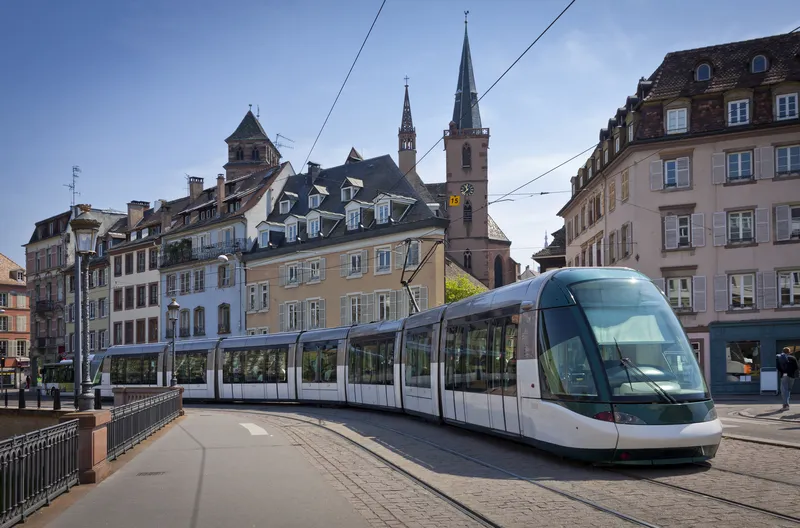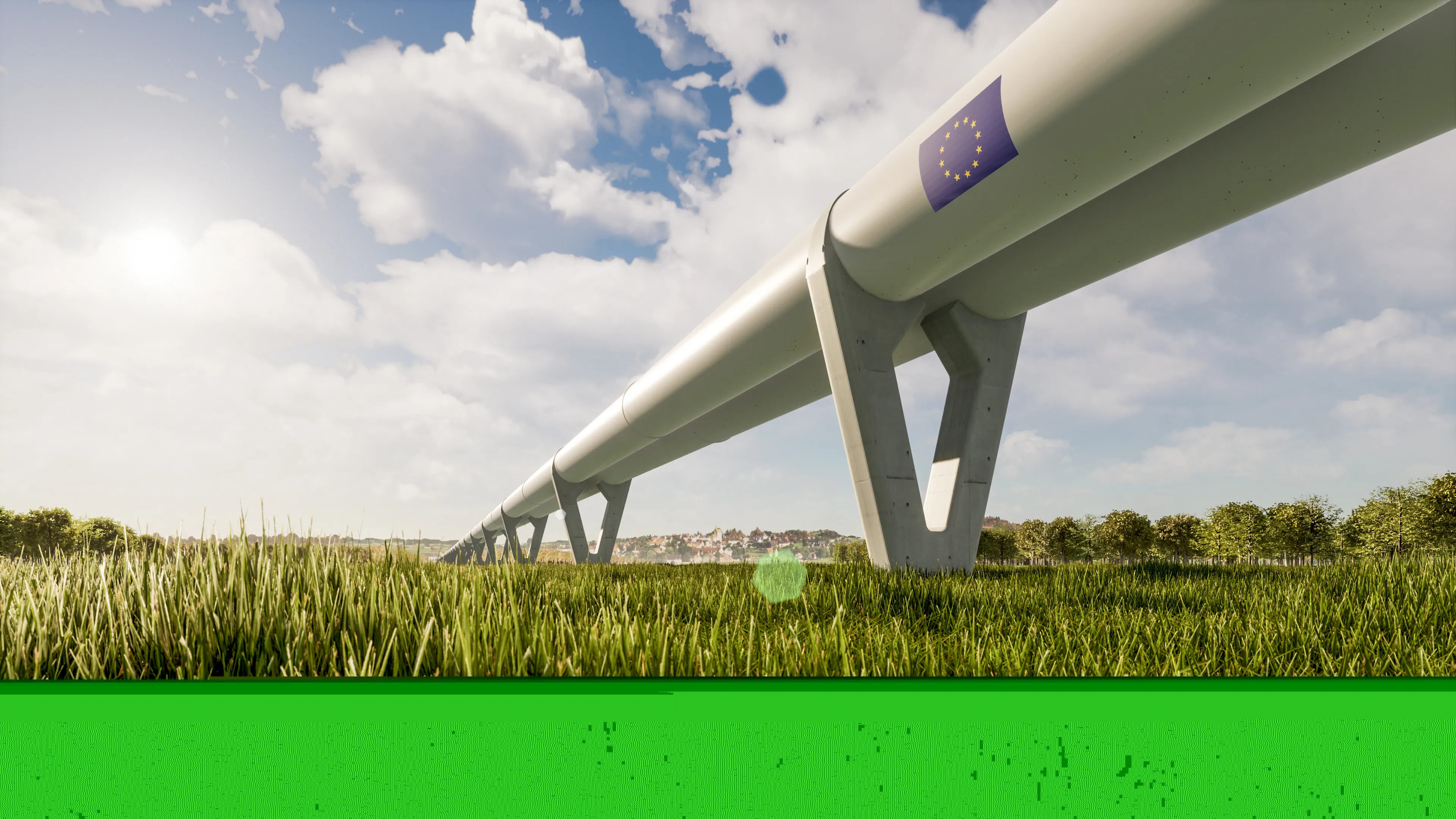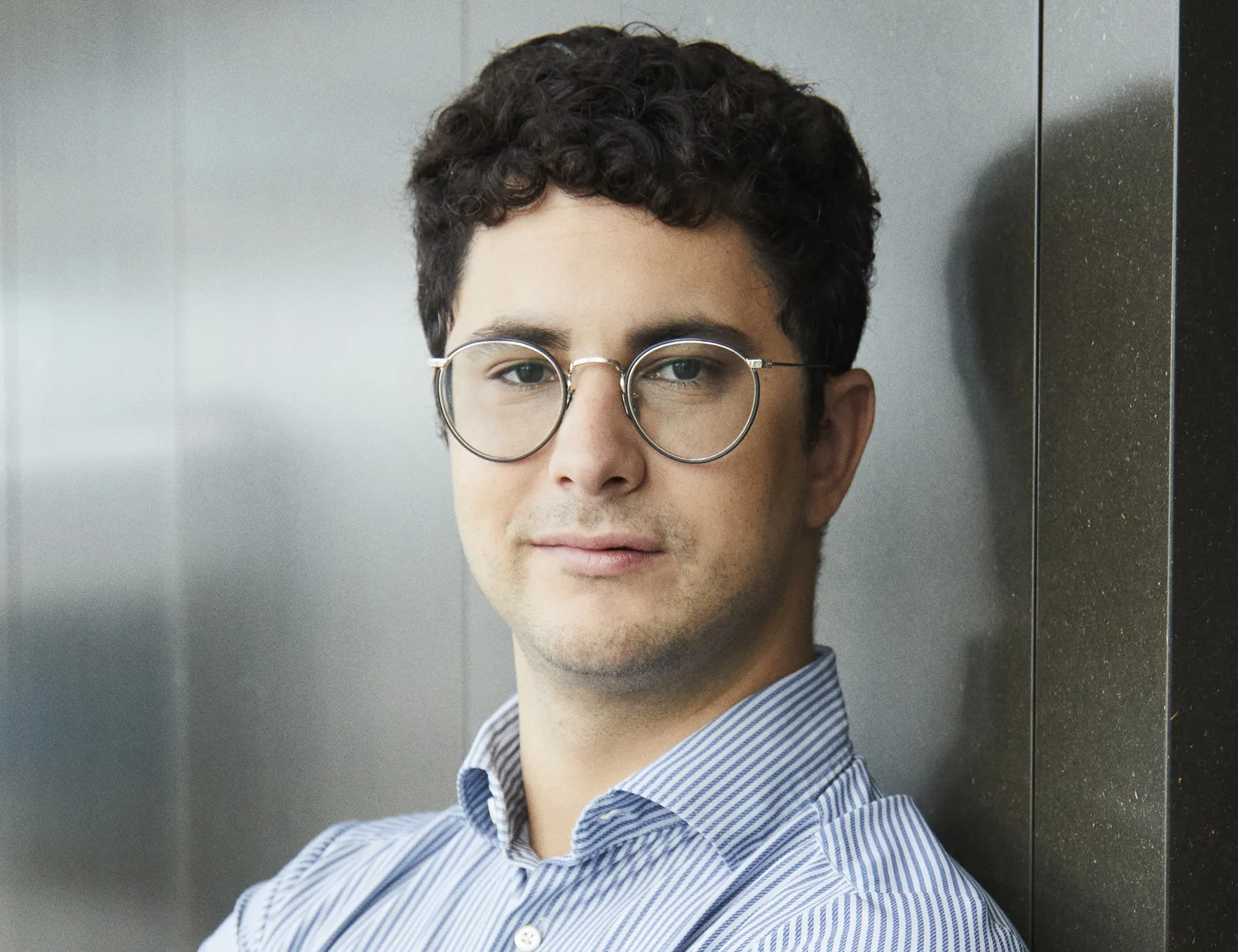
Transportation trade association UITP has called on the European Commission to support public transport operators in Europe as energy costs rise.
"Local public transport operators and authorities need strong support from European and national leaders to weather this crisis," UITP says in a statement, urging the EC and member states to acknowledge public transport as a "strategic priority".
"Energy expenses represent the second highest operating costs of public transport," says Minna Soininen, chair of the UITP EU Committee.
"Metros, trams, buses, and local trains – they all cannot run without electricity or fuels. We need to ensure that the public transport sector does not have to reduce its offer or pass the high costs on to passengers. Especially during an energy crisis, people need to have affordable mobility options."
Given that the EU Green Deal requires emissions from transportation to be cut - and that the most recent Eurobarometer survey found that 89% of EU citizens are in favour of increasing their country’s investments in public transport infrastructure - public transport has a key role to play in encouraging modal shift.
Among the measures UITP suggests are prioritising energy supply to public transport companies in case of shortages.
"Public transport actors provide energy-efficient mobility and are committed to decreasing energy consumption without reducing transport services," UITP explains.
They need to be considered by member states in their national crisis responses - and countries must clarify how increasing costs for providing public services will be covered, it concludes.










